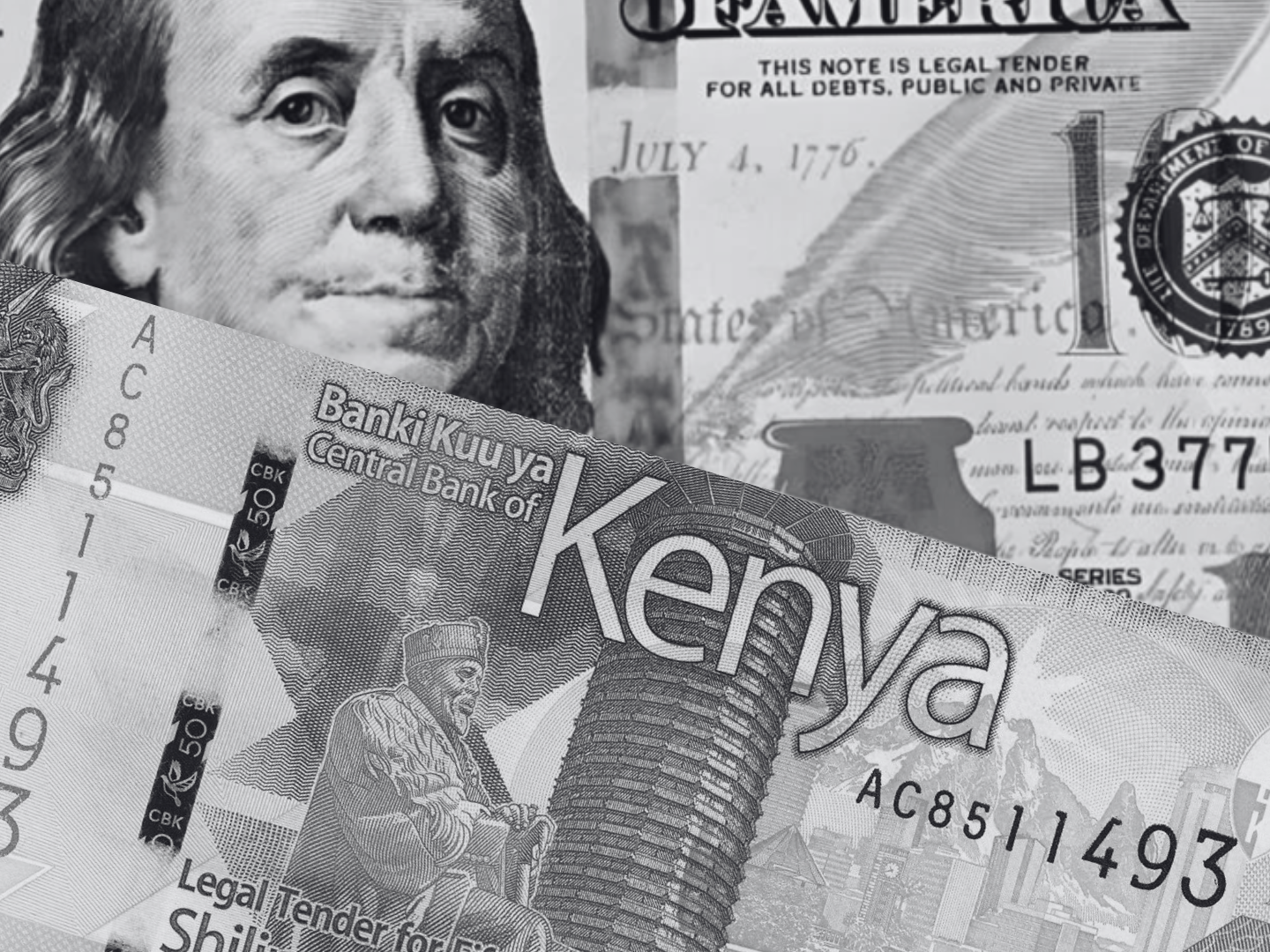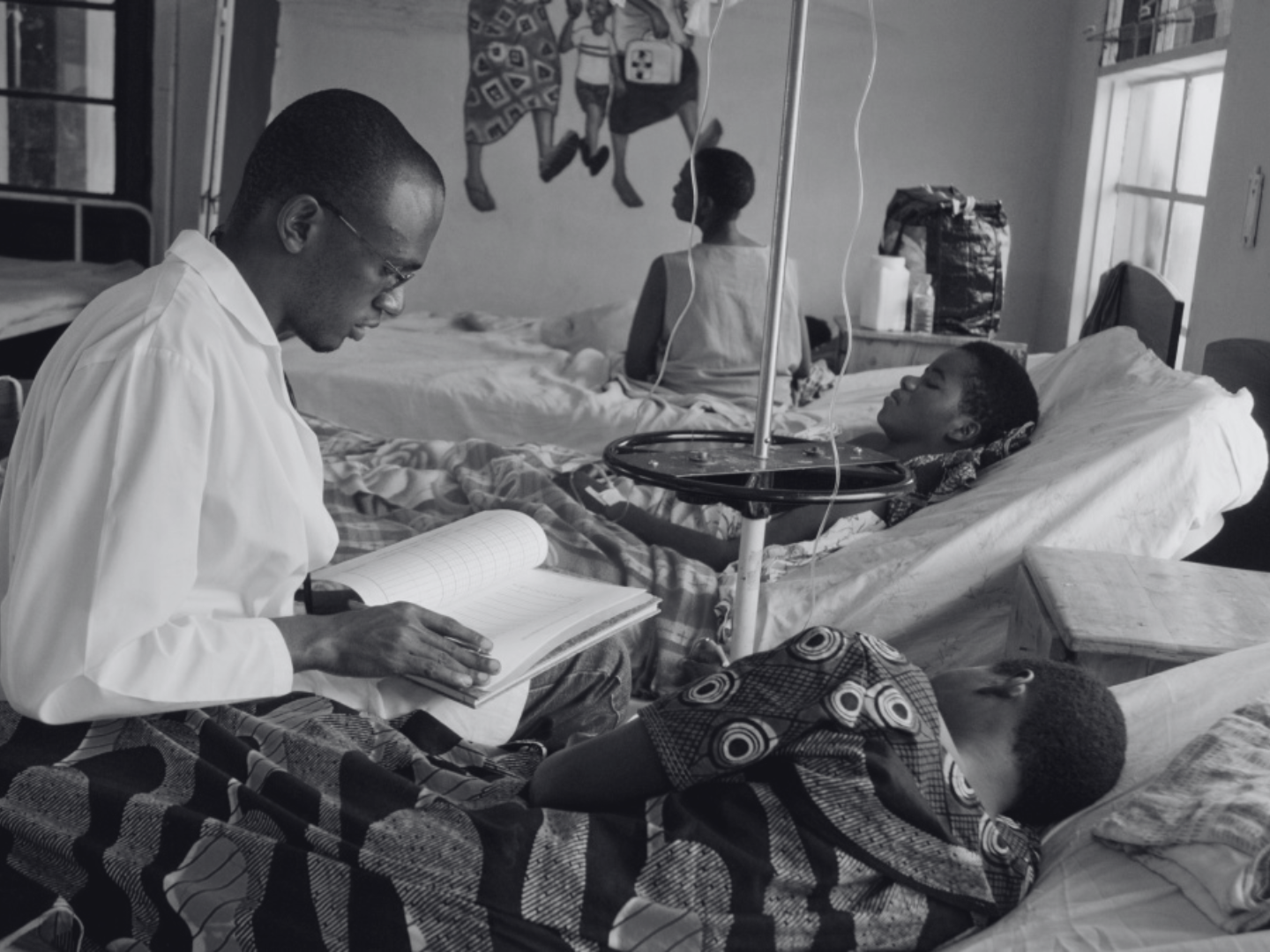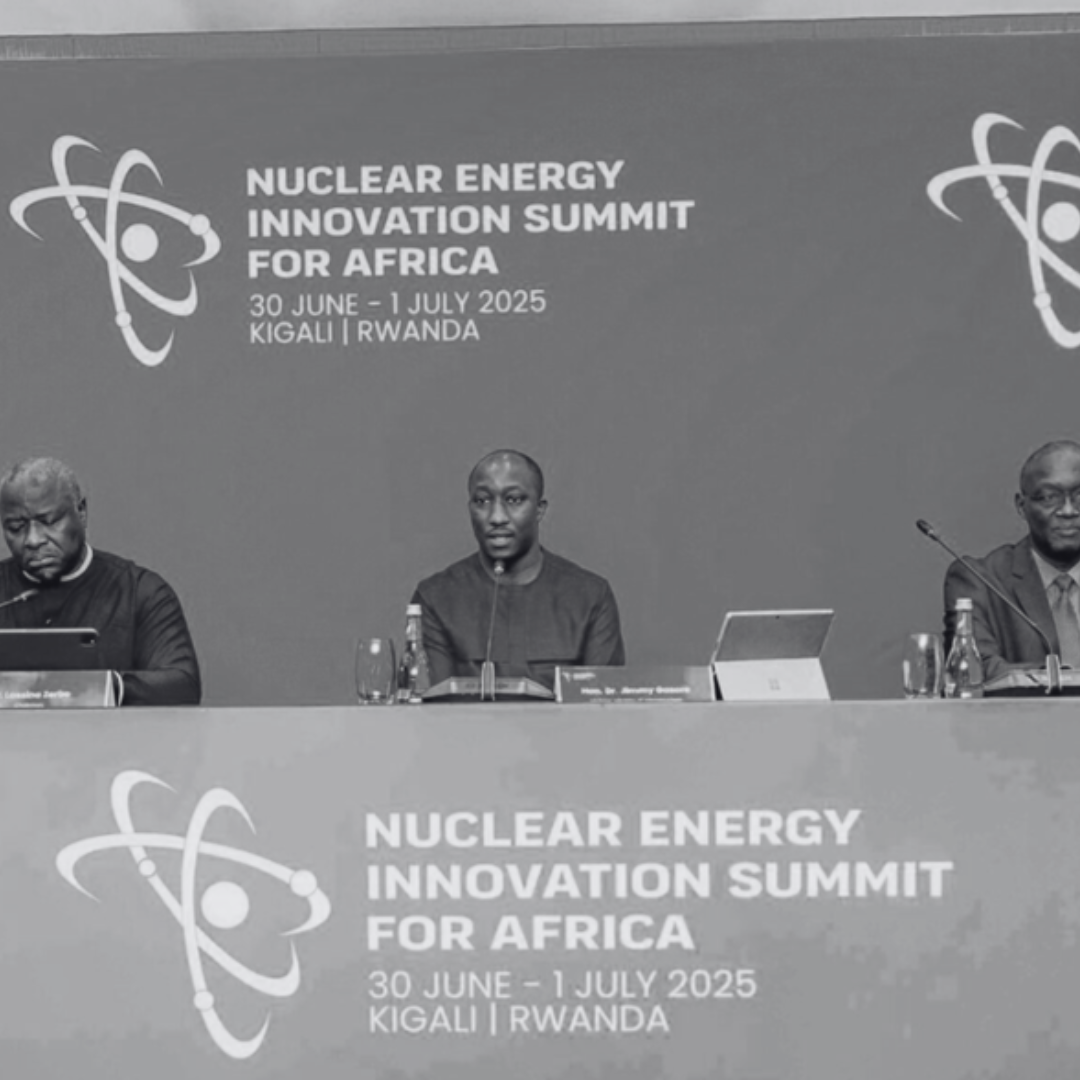
Seizing the Fiscal Window: How a Weakening US Dollar is Reshaping East Africa’s Economic Horizon
For the better part of the last decade, the global economic narrative has been dominated by a singular, suffocating protagonist: the 'King Dollar'. Its reign has been absolute, exporting inflation to the Global South with ruthless efficiency and crushing emerging market currencies under its boot.

From Shamba to Shares: How Kenya’s Savings Culture Is Evolving in a Global Age
For generations, land served as the primary store of wealth and social meaning, anchoring identity within family, community, and ancestry. Today, that anchor is loosening. Mobile money, digital savings platforms, and regulated investment vehicles are reshaping financial behaviour, particularly among younger Kenyans navigating rising urbanisation, liquidity constraints, and a volatile global economy.

Cross-Border Healthcare: The Risks We Don’t See
The state of a country’s healthcare system has more impact on the actions of its citizens than meets the eye. Medical tourism, a rapidly growing phenomenon, occurs when consumers choose to travel across international borders with the intention of receiving non-emergency, high-quality medical treatment. This treatment may span the full range of medical services, but most commonly includes dental care, cosmetic surgery, elective surgery, and fertility treatment.

Between Aspiration, Risk, and Strategic Necessity: Assessing East Africa’s Nuclear Energy Potential
East Africa faces chronic power deficits and rapid demand for growth, yet it is considering one of the most capital-intensive energy technologies ever deployed. This paradox defines the region’s nuclear debate. As governments unveil ambitious plans, the central question is whether nuclear power is a realistic medium-term solution or a policy mirage driven by long-term aspiration.

The Dream Deferred: Why East Africa’s Monetary Union Remains Out of Reach
On November 30th, 2013, when the East African Community(EAC) unveiled the Monetary Union Protocol, the mood across the region was almost celebratory. A single currency by 2024 felt like the next chapter of an integration story that had already delivered a customs union, a common market, and unprecedented cross-border movement.

Bridging the AI Gap in East Africa: A Practical Guide to Using AI for Better Productivity
Africa is at a turning point, where with a median age of just 19.7 years, the continent has the world's youngest population. This young workforce could either become a major economic advantage or a missed opportunity; it all depends on how well we can train people in Artificial Intelligence (AI) skills.

Livestreams Hit East African Streets: What iShowSpeed’s Africa Tour Reveals About Digital Power and National Branding
Darren Watkins Junior, better known as iShowSpeed, is a 19-year-old YouTube and Twitch streamer. With over 49 million YouTube subscribers, and recently winning a streamer of the year award in 2025, Watkins is re-defining both digital and traditional media.

Wearing the Culture: Merchandise and Branding for Creatives and Celebrities
In recent years, East Africa has produced visible start in music, film and sports. From Kenyan pop icons like Sauti Sol, trailblazers in the film industry such as Lupita Nyong’o and world record breaking athletes such as Eliud Kipchoge. This talent sells streams, wins international film awards and brings together fans from all over the globe.

Beyond the Screen: How Augmented and Virtual Reality Are Reshaping East Africa's Future
Imagine standing in your Nairobi apartment, slipping on a headset, and suddenly finding yourself face-to-face with a lion on the Serengeti close enough to see its whiskers twitch, yet perfectly safe. Or picture a medical student in rural Dar es Salaam performing her first virtual surgery, her hands guided by augmented reality overlays that turn mistakes into learning opportunities rather than life-threatening errors.





















